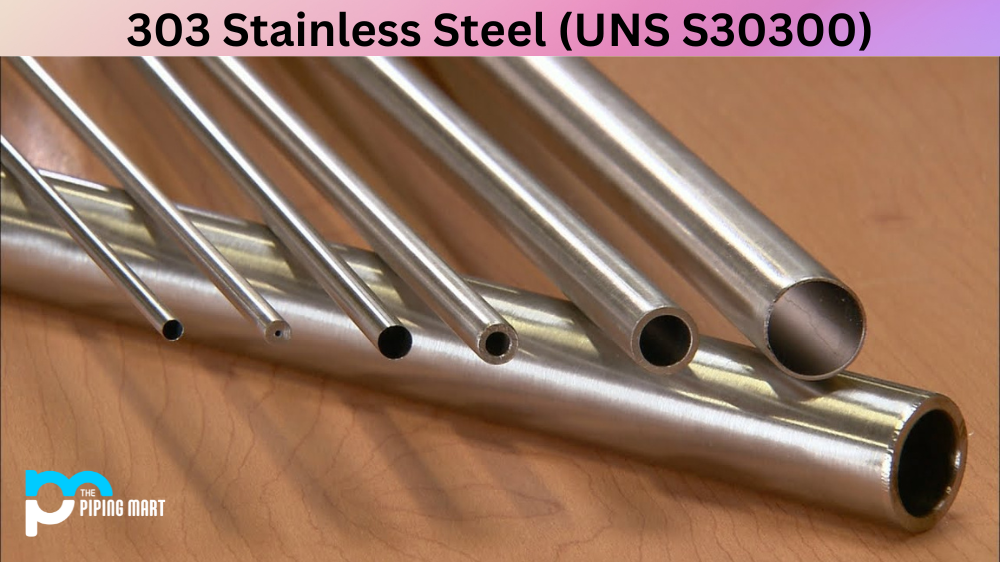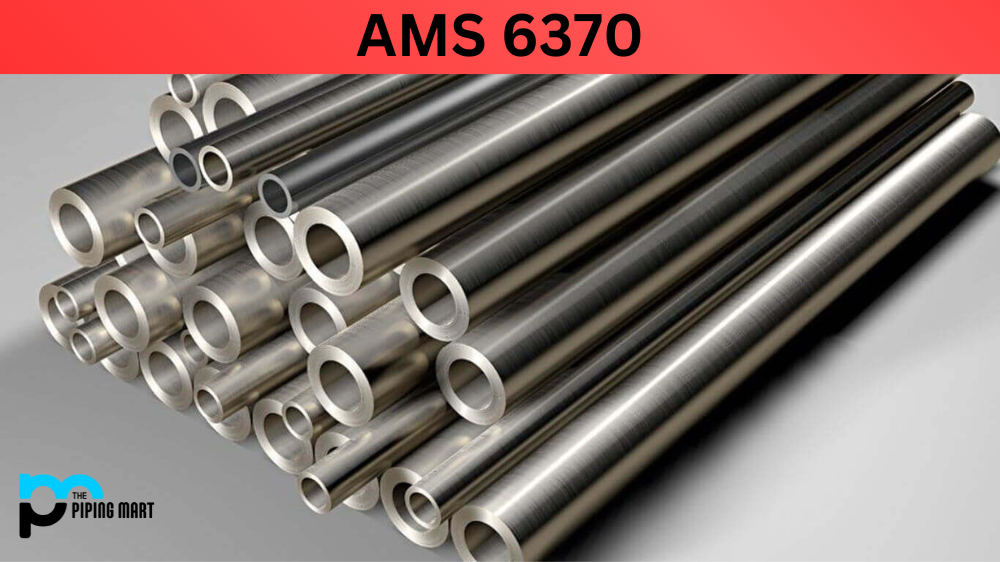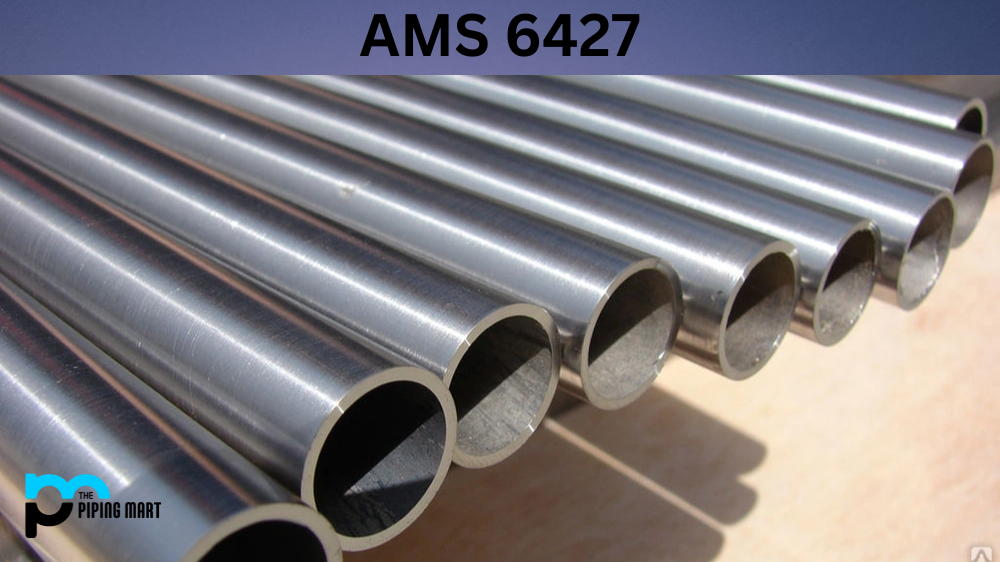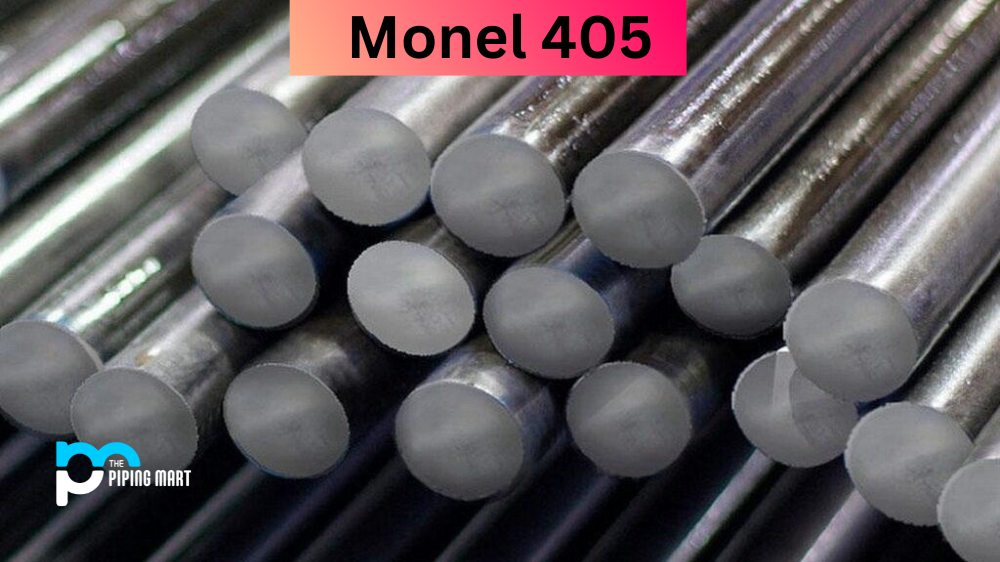What is 303 Stainless Steel?
Grade 303 stainless steel is a unique kind of stainless steel. It is made from chromium, nickel, and other elements, making it highly resistant to corrosion and heat. It also has high strength and excellent machinability characteristics, making it an ideal material for many applications. Let’s explore the different grade 303 stainless steel and how this versatile alloy can be used in various industries.
What Forms is 303 Stainless Steel Available at Piping Mart?
- Stainless Steel 303 Pipes
- Stainless Steel 303 Tubing
- Stainless Steel 303 Pipe Fittings
- Stainless Steel 303 Forged Fittings
- Stainless Steel 303 Flanges
- Stainless Steel 303 Bolts
- Stainless Steel 303 Channels
- Stainless Steel 303 Plates
- Stainless Steel 303 Bars
- Stainless Steel 303 Fasteners
- Stainless Steel 303 Nuts
- Stainless Steel 303 Washers
- Stainless Steel 303 Stud Bolts
303 Stainless Steel Composition
303 SS comprises 18% chromium, 8% nickel, and a small amount of manganese, phosphorus, sulfur, silicon, and carbon. This combination of elements makes grade 303 stainless steel highly resistant to corrosion, oxidation, and wear and tear. The higher amounts of chromium also provide superior resistance to high temperatures, so the material can be used in extreme environments without fear of damage or deterioration.
| % | 303 |
| C | 0-0.10 |
| Mn | 0-2.0 |
| Si | 0-1.0 |
| P | 0-0.4 |
| S | 0-0.15 |
| Cr | 17-19 |
| Ni | 8-10 |
| Fe | balance |
Stainless Steel 1.4305 Physical Properties
|
Property |
Value |
|
Density |
8.03 kg/m3 |
|
Melting Point |
1455°C |
|
Modulus of Elasticity |
193 GPa |
|
Electrical Resistivity |
0.72 x 10-6 Ω.m |
|
Thermal Conductivity |
16.3 W/m.K |
|
Thermal Expansion |
17.3 x 10-6/K |
UNS S30300 Stainless Steel Mechanical Properties
AISI 303 is a free-machining grade of austenitic stainless steel with good corrosion resistance, high strength, and excellent formability. It has good machinability properties due to the presence of sulfur in its composition and can be readily cold worked at temperatures between -50 to 200°C. 1.4305 mechanical properties include high elongation (50%), yield strength (550MPa), tensile strength (815MPa), and hardness ranging from Rockwell B 85 to Rockwell C 30.
| Grade | 303 |
| Tensile Strength (MPa) | 500-750 MPa |
| Proof Stress (MPa) | 190 Min MPa |
| Elongation A5 mm | 35 Min % |
| Hardness Brinell | 230 Max HB |
303 Stainless Steel Equivalent
| EU EN |
USA – |
Japan JIS |
France AFNOR |
England BS |
Sweden SS |
|||||
| X8CrNiS18-9 (1.4305) |
|
|
|
|
|
Stainless Steel 303 Specifications
- AISI 303
- AMS 5640 (TYPE 1)
- ASTM A194 (303, 8F, 8FA)
- ASTM A276
- ASTM A314
- ASTM A320
- ASTM A473
- ASTM A581
- ASTM A582
- ASTM A895
- DIN 1.4305
- UNS S30300
UNS S30300 Stainless Steel Uses
303 stainless steel is used in applications requiring heavy machining parts. These applications include:
- Nuts and bolts
- Screws
- Gears
- Aircraft fittings
- Bushings
- Shafts
303 Stainless Steel Corrosion Resistance
Due to its high levels of chromium content, SS 303 offers superior corrosion resistance compared to other materials like aluminium or mild steel alloys. This property makes it an ideal choice for outdoor applications where the material will be exposed to moisture or salt water for extended periods. Its low carbon content also prevents rust formation even when exposed to acidic solutions like vinegar or lemon juice, which can corrode other metals over time.
303 SS Heat Resistance
AISI 303 stainless steel also offers good heat resistance due to its combination of chemical composition and mechanical properties. This makes it suitable for applications requiring exposure to temperatures up to 800 degrees Celsius (1472F) without affecting its structural integrity or causing damage to the material itself. Additionally, UNS S30300 ability to resist oxidation at higher temperatures is well-suited for reaction vessels containing flammable liquids or gases under pressure.
UNS S30300 Stainless Steel Heat Treatment & Welding
UNS S30300 stainless steel can be heat treated by annealing or tempering processes depending on the desired outcome, such as increased hardness or better formability. If necessary, it can also be welded using manual arc welding techniques and TIG welding methods. Still, care should be taken not to expose any parts to flame during this process, as it may weaken the structure’s integrity over time if done incorrectly. Furthermore, preheating may be required before welding begins to avoid cracking due to rapid cooling after welding has been completed.
303 Stainless Steel Machining
303 stainless steel is relatively easier to machine than other metals, mainly due to its low carbon content, which helps reduce tool wear while increasing cutting speeds. However, care should still be taken when machining this material because its relatively high hardness levels can lead to excessive tool breakage if not monitored closely.
Conclusion:
303 stainless is a highly versatile alloy with excellent corrosion resistance, heat resistance, mechanical properties, machinability, and weldability characteristics. This makes it an ideal choice for many applications across various industries, such as automotive manufacturing, food processing, construction, marine engineering, aerospace engineering, pharmaceutical manufacturing, etc. Its ability to resist oxidation at higher temperatures, alongside its superior strength, makes it particularly useful in industrial settings where extreme conditions are often encountered. With proper care and maintenance, grade 303 stainless steel can provide years of reliable service without fail!

Pipingmart is a B2B portal that specializes in metal, industrial and piping items. Additionally, we share the latest information and information about materials, products and various types of grades to assist businesses that are involved in this business.




